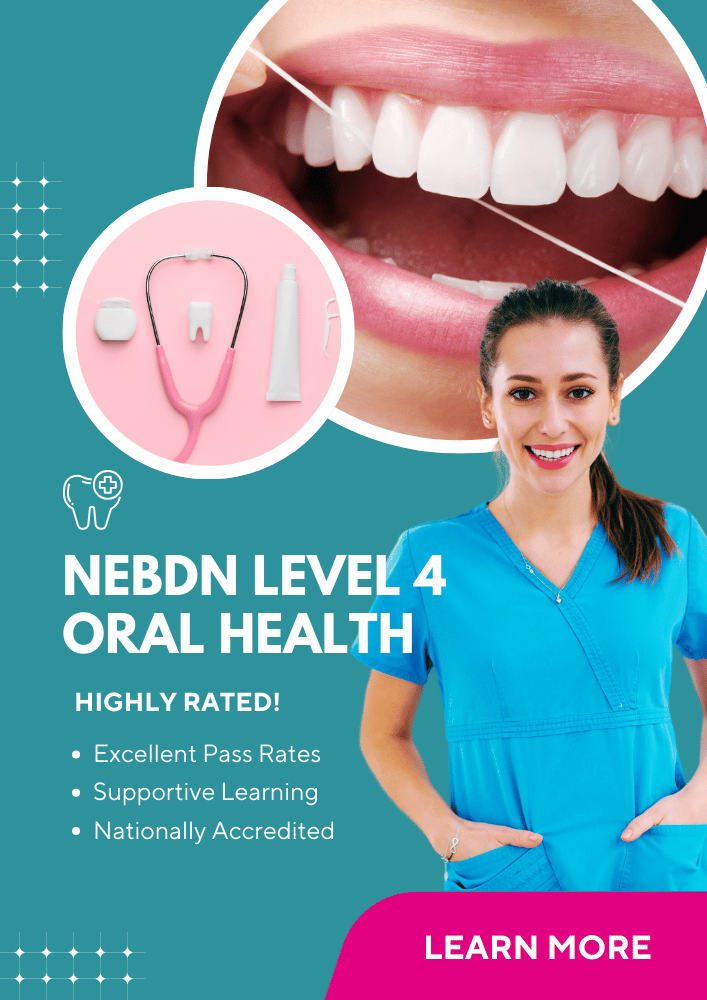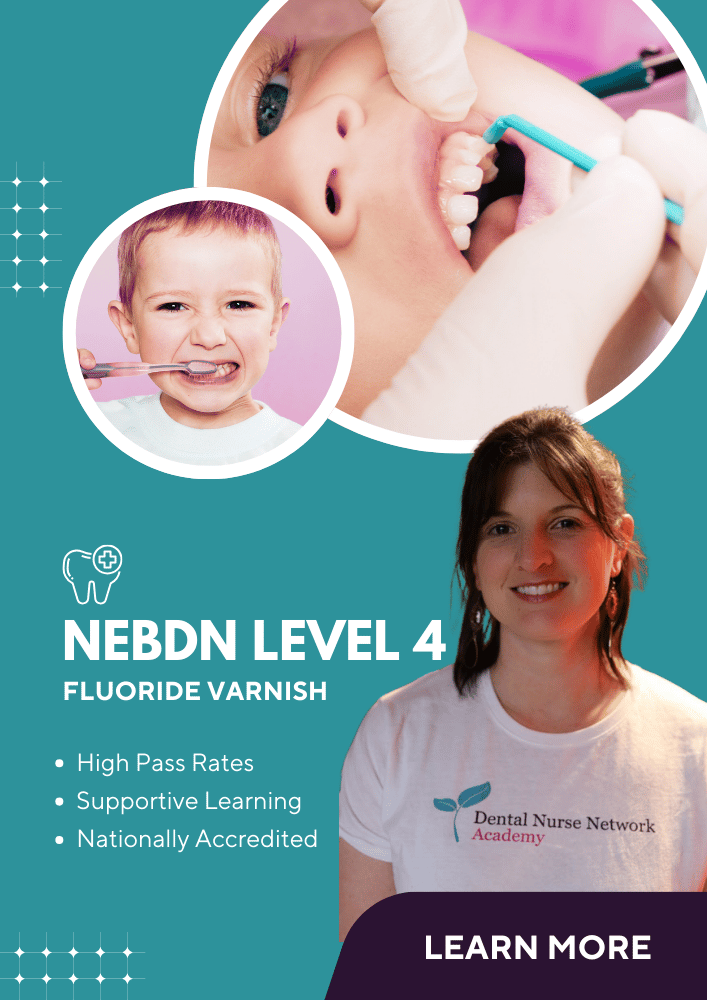 Introduction
Introduction
I’ve been a Registered Dental Nurse for five years now. After completing my apprenticeship at Leeds Dental Hospital, I was lucky enough to get a job in my favourite department – Oral and Maxillofacial Surgery.
My usual role is assisting a range of clinicians, from DCTs to consultants, in out-patient clinics and minor surgical procedures. The clinics range from trauma to oncology, and also cover more routine procedures for patients who’ve been referred from their GDP for specialist treatment. The procedures I assist with vary from biopsies to surgical extractions and enucleations of cysts. I have gained post-registration qualifications in phlebotomy and suture removal.
Did you volunteer for the role?
Yes.
Tell us about your new role.
My new role is based in the “hot zone” of the dental hospital, where we are treating suspected and confirmed COVID-19 patients for dental and maxillofacial emergencies. This involves assisting the clinicians in restorative and maxfax procedures, all with the intention of getting the patient out of any immediate pain or danger from infection.
How have your duties changed?
My duties have changed somewhat in that I am now assisting with restorative procedures, which I haven’t done in a few years. I am also now treating paediatric patients, which I very rarely did before. I am also now responsible for the full cleaning of the “hot zone”, including mopping the floors, cleaning the patient restrooms, and changing all the bins in the vicinity.
What new skills have you gained in this new role?
I’ve learnt a lot during this process, including the correct way to take off PPE to ensure minimum risk of infecting myself, and how to check my FFP3 mask is secure and fits me properly. I have also learnt how to do a “deep isolation clean” on the dental surgeries – this is the cleaning process that ward housekeepers and cleaners would undertake on wards when a patient in source isolation has been discharged or has passed away. This has involved learning how to make up and use new cleaning solutions that I’ve never been in contact with before. The process has also allowed me to refresh my knowledge on a variety of dental procedures that I don’t often come in to contact with – such as restorations and endodontics.
Describe a typical day/session in your new role.
The day starts with changing into hospital scrubs and clogs. All personal items must be kept in our lockers, as we aren’t allowed to carry anything that isn’t necessary, such as mobile phones, pens, or keys. We go through all our morning jobs, like running through the waterlines and suctions, damp-dusting the surgeries and checking our medical emergency equipment. We are then allocated roles for each patient who is booked in for that day. This is all written up on a whiteboard, which provides patient details and the times they’re booked in for.
Each patient requires a clinician, a dental nurse to assist the procedure, a chaperone/runner (DN) and a “cleaner” (DN). The chaperone/runner collects the patient from the separate COVID-19 patient entrance whilst wearing their PPE (surgical cap, surgical mask, visor, plastic apron and gloves) and supplies them with alcohol gel to clean their hands and a surgical mask to wear. They then escort the patient to the allocated surgery, where the clinician and assistant are waiting in full PPE (surgical cap, full face visor, FFP3, surgical gown and gloves). They then wait outside the door and “run” for any equipment or materials the team need.
Once the procedure is finished, the runner escorts the patient out of the building. The team who delivered the treatment move into the “doffing room” to take off their PPE using the correct technique and to wash their faces, necks and hands thoroughly. The “cleaner” then puts on their PPE (surgical cap, surgical mask, visor, plastic apron and gloves) and cleans the surgery using the “deep isolation clean” technique and equipment.
At the end of the day, the whole team helps in cleaning the whole of the “hot zone” by mopping the floors and wiping down all surfaces and touch points, as well as the patient restroom. We end the cleaning by disinfecting our clogs and getting changed ready to go home.
How do you feel at the end of a day/session?
Like I can’t wait to have a shower! All the PPE we wear makes us really hot and sweaty, and we obviously also want to clean ourselves to protect ourselves and our loved ones. I also feel a sense of pride and achievement that we’re able to offer this service to patients, as a lot of them feel like there’s nowhere they can go and that no one is able to help them.
What advice would you give to someone who is interested in redeployment?
I would say that even though you might feel nervous (or even petrified!), just try to give it a go. The sense of pride you feel after you’ve done something like this is amazing. I think it’s so important to feel like you’ve played your part in tackling this crisis and feel like you’ve contributed to helping people. Everyone is working so well as a team and it’s surprised me so much how everyone has chipped in and helped each other.
What challenges have you found in your new role?
Having to integrate into a completely new and high-pressure environment really quickly. There wasn’t much time for us to prepare, and it was quite stressful getting the department up and running for its new role. (I never realised how much stuff we had in the surgeries until it all had to be completely emptied!) It was daunting at first being placed into a new team; working with consultants I've never met before was scary, but I soon realised what a positive and reassuring attitude everyone had to the situation. At the end of the day, everybody is in the same boat, as it’s a completely new challenge for everyone.



